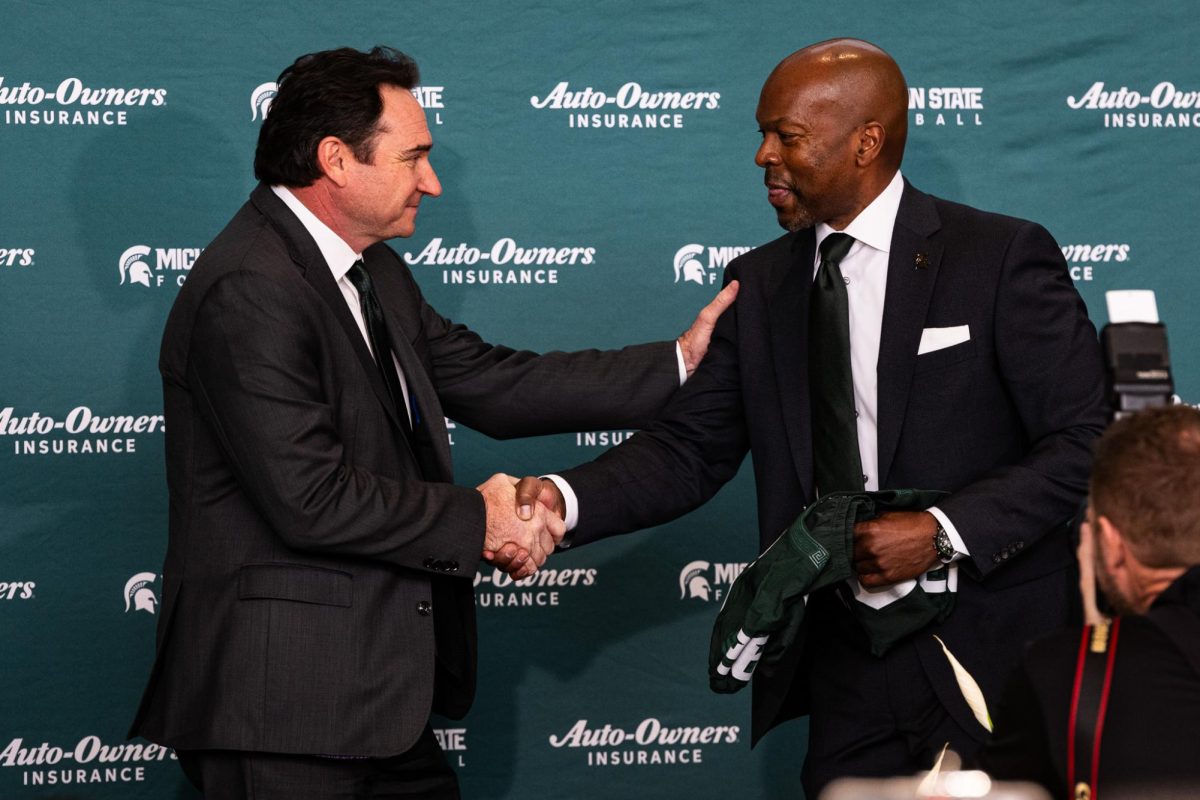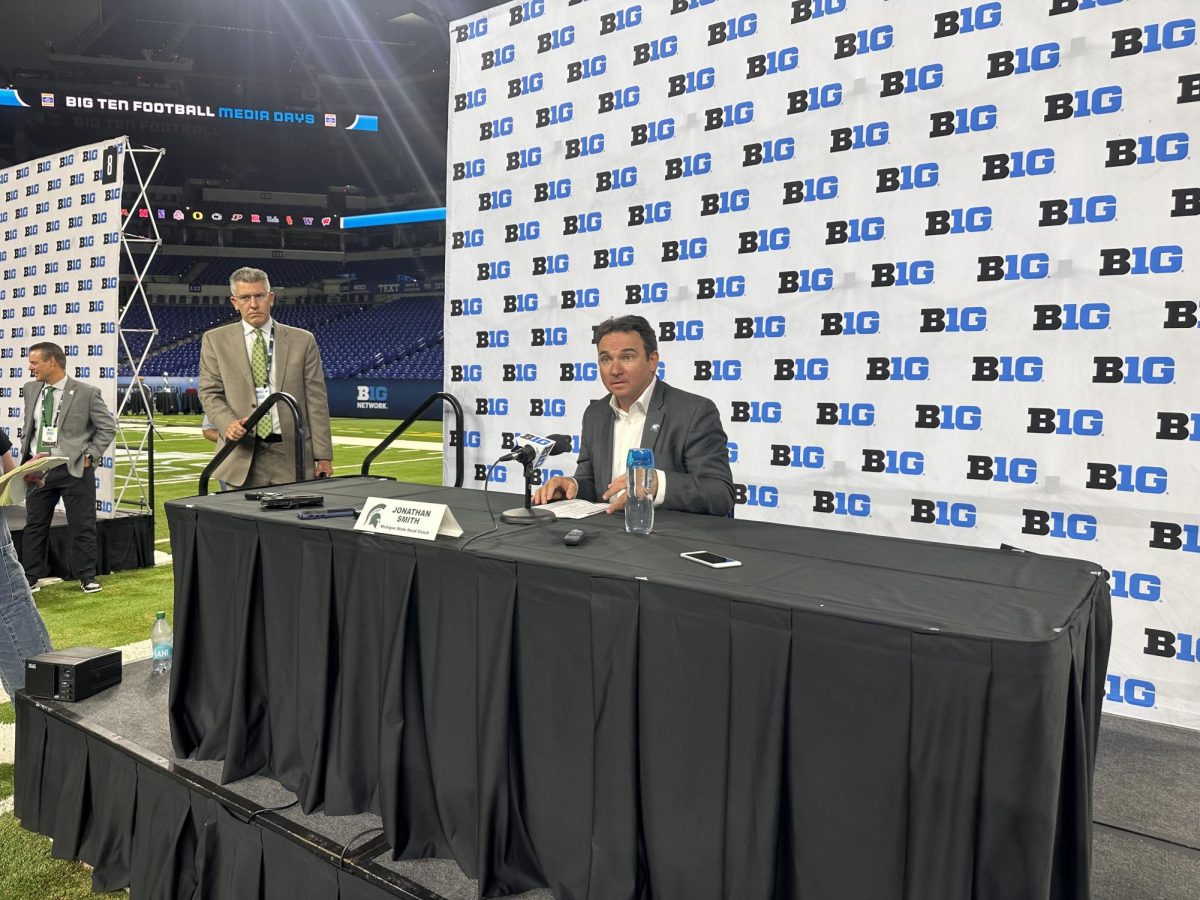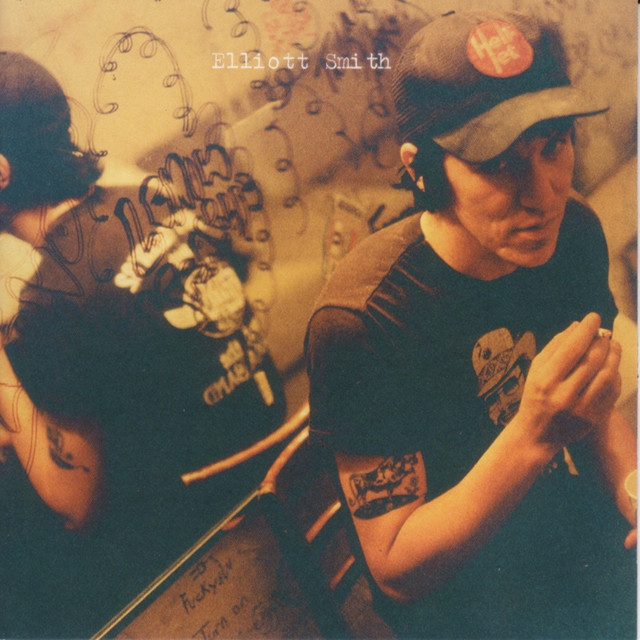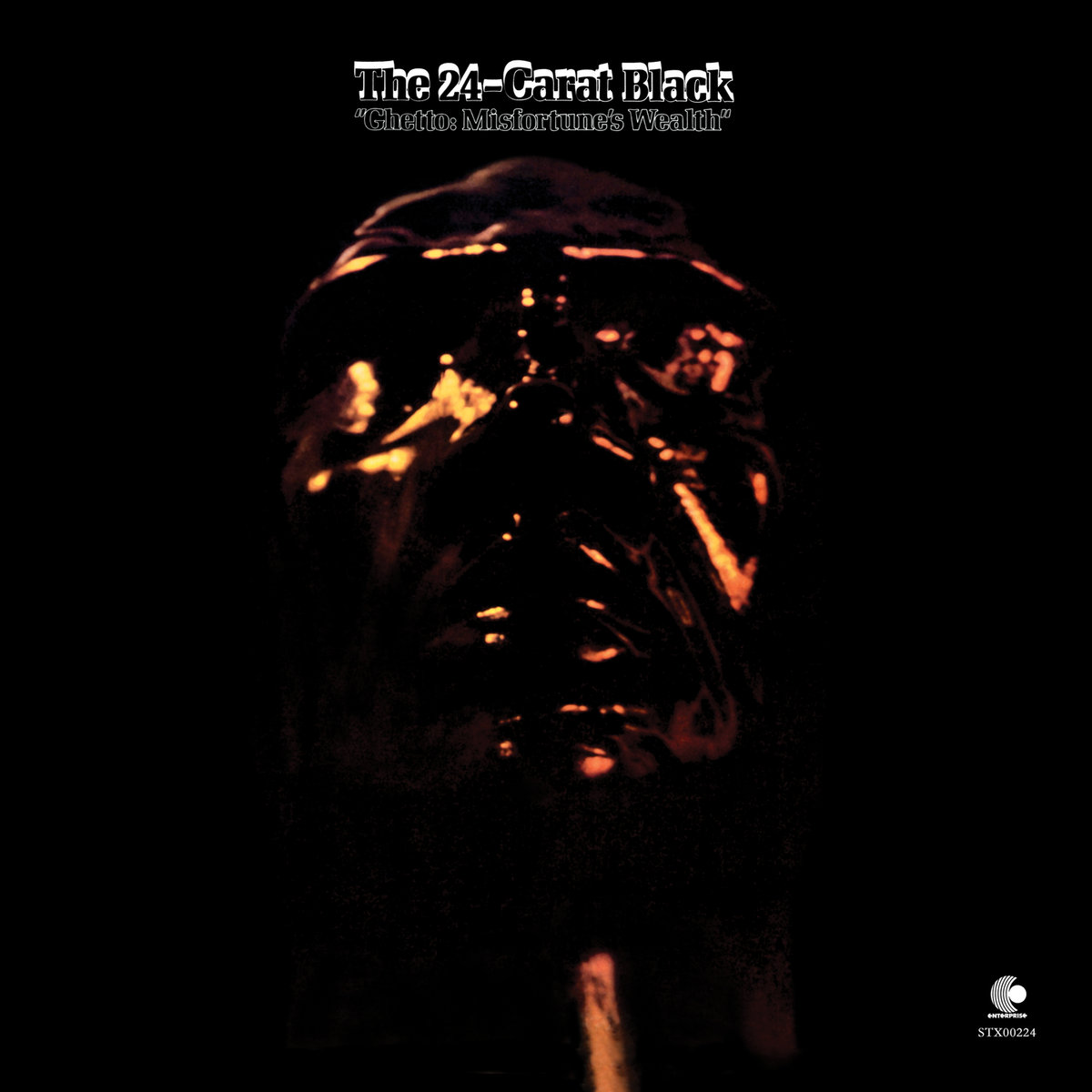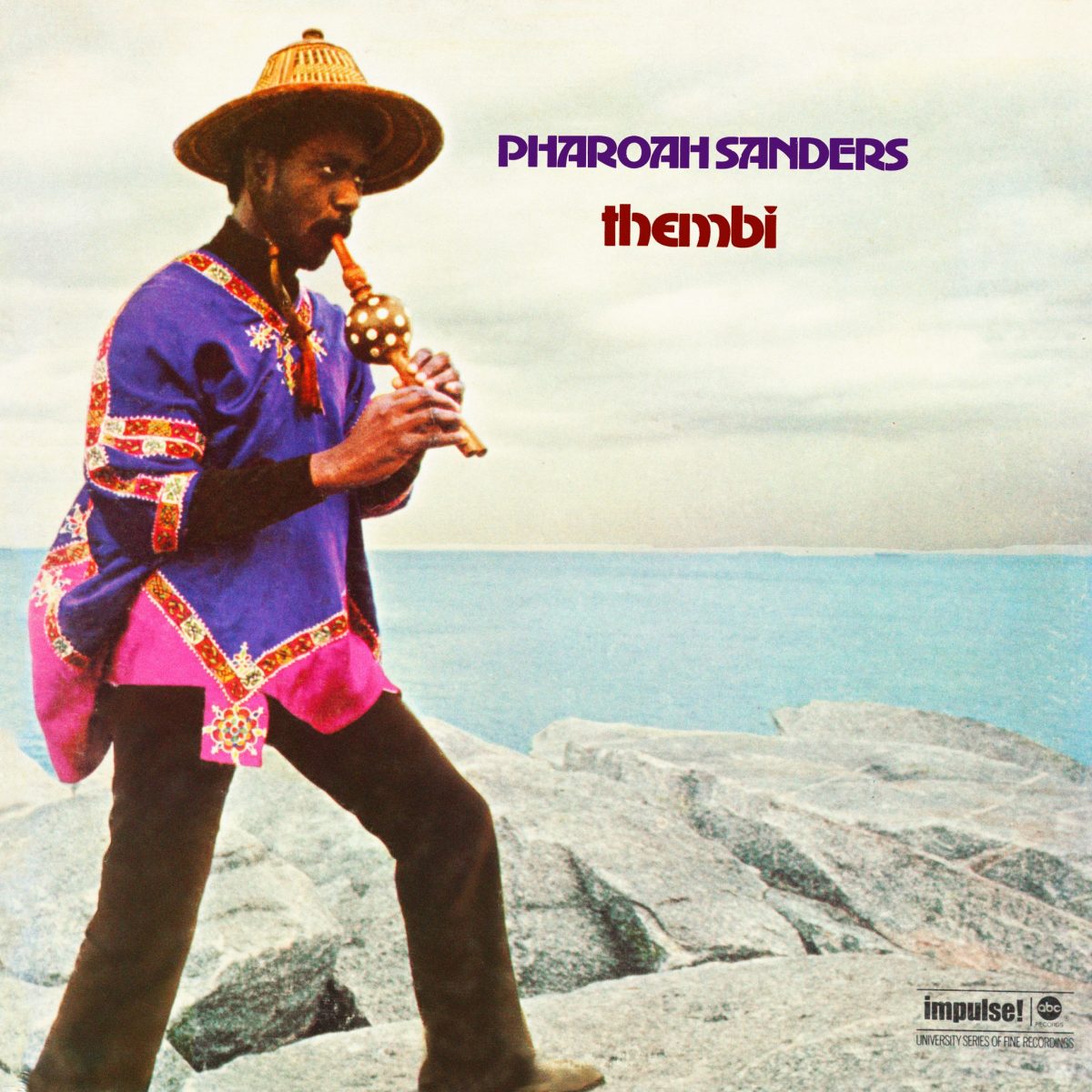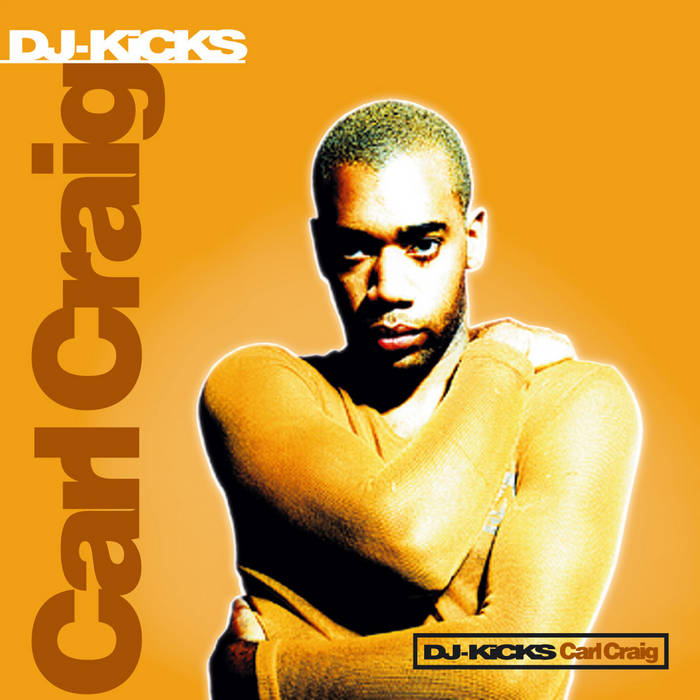Twenty years ago, we lost one of the most prolific songwriters of all time. Elliott Smith is too often remembered for being a depressed troubadour, singing sad ballads with his acoustic guitar. But a dive into any of his albums allows his musical, lyrical and thematic diversity to be seen.
Smith was never topping the charts or garnering any real commercial praise in his lifetime. He was, for the most part, a small, unknown indie act, but his music was infectious and his reputation has done nothing but grow.
Heatmiser
1991 was one of the biggest years for music ever — A Tribe Called Quest’s The Low End Theory, Nirvana’s Nevermind, My Bloody Valentine’s Loveless, R.E.M.’s Out of Time, Ice Cube’s Death Certificate and a little album titled Music For the People by an up-and-coming group called Marky Mark and the Funky Bunch. But along with those groundbreaking, genre-defining albums, a band was formed. Not a band that would ever come close to reaching the status of being a household name like those formerly mentioned but a band that would help to launch the career of one of the most influential songwriters of all time.
Heatmiser was formed by Neil Gust, Tony Lash and Elliott Smith in 1991. The following year, they recruited Brandt Peterson to play bass. The band wielded a distinct punk sound that drew influence from Smith’s love for folk rock. They began writing songs to play live alongside their covers of all-time punk greats like Elvis Costello and Ringo Starr. The band garnered a cult following and soon released their 1993 debut Dead Air. The album was met with not-so-glowing reviews by critics. The Trouser Press bashed them for not being “distinctive” and for its “generic” sound and queer themes. But the hate didn’t stop Heatmiser, as they continued to grow their fanbase and discography.
The band’s follow-up album, Cop and Speeder, as well as their EP Yellow No.5 — both released in 1994 — received the same harsh reviews. But they caught the attention of Virgin Records, who released their final album, Mic City Sons. By the time the album was released in 1996, the band had broken up, and Virgin changed the release to their sister label, Caroline Records. Mic City Sons is largely regarded as their best album and was praised by critics for its “diversity” and for being “emotional and genuine.”
Roman Candle
In 1994, during the run of Heatmiser, Elliott Smith released his first solo album without a record company behind him. Roman Candle took everything that was popular in rock music — sprawling guitar, bombastic vocals and clean production — and threw it out the window. It is a stripped-back album, with four out of the nine songs remaining untitled.
Roman Candle is far from a masterpiece. It’s messy, rough around the edges and sounds like it could have been recorded in a basement — which it was. But that’s not to say it doesn’t have stand-out tracks, namely the title track, which feels like a teasing of what Smith will do in later years. It has intricate guitar, matched with aggressive and self-loathing lyrics. It’s dark and brooding, but, most of all, relatable.
The album received very little press from critics. Those who heard it at the time gave mixed reviews, with many saying it was derivative of Simon and Garfunkel. But in the years since its release, it has been hailed as an amazing first step for Elliott Smith.
Elliott Smith
The following year, Smith released his follow-up record, aptly titled Elliott Smith. This album feels more personal than any recorded thus far — more personal than Roman Candle and easily more personal than anything done with Heatmiser.
Smith’s lyrics cut deep on this album. Tracks like “Alphabet Town,” “Clementine” and “Christian Brothers” seem specific to himself. “St. Ides Heaven” is an angsty ballad about being told you’re not good enough. The lasting reputation that “Needle in the Hay” has earned is shocking considering the small scope the album had at the time. The track was largely popularized by Wes Anderson’s film The Royal Tenenbaums.
Once again, the press around this album was minimal. The Trouser Press struck again calling the album “bleak” and “almost uncomfortably unsparing.” In the years since its release, Elliott Smith has received vast praise, being cited as the first truly great Elliott Smith album. In 2013, Pitchfork ranked “Needle in the Hay” among the greatest songs of the 1990s.
Elliott Smith is relentlessly honest and brutal, but the brutality highlights the beauty within the album. Smith’s continuous melodic genius with his raw lyrics left an imprint on his audience. Listening to this album, it’s clear that this is an artist who is going places. And those places began to be truly realized on his next album.
Either/Or
On Feb. 25, 1997, Elliott Smith released his album Either/Or. Whereas his prior album allowed him to highlight his versatility in fusing soft folk with angsty punk, Either/Or emphasizes the beauty in Smith’s pop melodies. His harmonies are gorgeous, his guitar work is calm and intricate and the landscape of sound created by producer Rob Schnapf is encompassing.
Either/Or is his best-selling album, with tracks like “Rose Parade” and “Ballad of Big Nothing” being a change of pace for Smith. They are warmer and happier than his previous works. Other songs on this album, including “Say Yes,” “Between the Bars” and “Angeles,” appeared in the film Good Will Hunting, giving Smith a spotlight on his work, brighter than he ever had before.
That spotlight caught the attention of many critics, who began to finally give Smith the credit he deserved for his work. Stephen Thompson of The A.V. Club gave it a shining review, calling it “something of a thematic transition” for the artist and noting its happier songs. Since its release, Either/Or has done nothing but build on its reputation.
Hailed by many fans and critics as his most outstanding work, Either/Or is the beginning of something completely new for Smith. This is also largely considered Smith’s most autobiographical album, and his personality is only emphasized by the fact that every instrument is played by him, every harmony is sung by him and many of the tracks are co-produced by him. Smith was coming into his own in early 1997, and he was about to receive a big push into the mainstream.
“Miss Misery”
“Miss Misery” was a single released as part of the aforementioned Good Will Hunting soundtrack in late 1997. Before long, Smith became a regular on MTV and college radio stations. Though still far from a household name, Smith’s stardom was growing.
Elliott Smith got his biggest break on March 23, 1998, at the 70th Academy Awards. “Miss Misery” was up for an Oscar, and Smith had a performance at the ceremony. Although he was beaten out by Celine Dion’s “My Heart Will Go On” from Titanic, the performance gave Smith a spotlight to perform in front of nearly 100 million viewers from across the world. The success of “Miss Misery” and Either/Or caught the attention of DreamWorks Records. This new major-label budget gave him the ability to take his sound to a completely new level.
Xo
Xo opens very similarly to his past albums. It’s a softly played guitar paired with his haunting whisper, singing of drugs, depression and breakup. But after a minute and a half of his trademark sound, the chorus hits along with drums, piano and a full orchestra by his side. This was a completely new Elliott Smith. He was no longer making songs in his friend’s basement with nothing but himself and an acoustic guitar, he was now conducting orchestras, while playing nearly every instrument and co-producing nearly every track on the album. And when it wasn’t him playing the instruments, it was seasoned veterans. Rob Schnapf returned as producer. Joey Waronker, part time drummer for artists like Beck, Leonard Cohen and Roger Waters, appeared on drums.Tom Rothrock, who formerly worked with Heatmiser, as well as big names like Foo Fighters, Beck and Stevie Nicks, assisted with recording and producing.
But even with the heightened sound and production value, Smith’s tunes remained punching and personal. “Everybody Cares, Everybody Understands” is an autobiographical song about drug intervention and being checked into rehab, “Baby Britain” wrestles with themes of alcoholism and “Pitseleh” is a heartbreaking realization of not being enough for someone. “Pitseleh” and other tracks like “Waltz, No. 1” and “Tomorrow Tomorrow” are slow and gut-wrenching drags, harking back to his prior releases. The album also includes upbeat songs such as “Bled White” and “Bottle Up and Explode.” “Amity” is the hardest that Smith has rocked on an album since his Heatmiser days with pounding drums and screaming guitars. If that wasn’t enough, “Waltz # 2 (XO)” was the first legitimate hit for Smith, peaking at No. 52 on the Official Charts.
Although some argued Smith was “selling out” for moving to a major label and for abandoning his lo-fi sound, the vast majority of critics loved the record. Rolling Stone called it “his most adventurous music ever,” and BBC Music praised him for keeping his “masterful way with an understated melody and melancholic lyric” while still venturing into a new sonic territory. The praise has only grown with time, just this past year Pitchfork raised their 8.1 score of XO to a 9.5.
Elliott Smith’s complete reworking of his sound with the help of DreamWorks on this record allowed him to color his music in new ways. Strings emphasize Smith’s sweetness, while distorted guitar brings about the angst he held onto throughout his career. Although the production value is raised, XO does not lose the relatability and realness that made him stick with listeners in the past. If anything, it doubles down on those feelings and raises Smith to arguably the highest point in his career.
Figure 8
Released on April 18, 2000, Figure 8 was Elliott Smith’s final album to come out during his lifetime. Listening to the album, it’s clear the direction he wanted to move. There are fewer slow acoustic guitar ballads — that’s not to say there are none; he still does them, and he does them well — and more true rock songs.
“Son of Sam,” “Junk Bond Trader” and, especially, “L.A.” sound like they were made to be played in a stadium. They are fun, vicious and loud. If you were to play this album for an Elliott Smith fan in 1994, they wouldn’t recognize it as the same artist. Spare for a couple of songs, he’s completely thrown away his whisper, trading it in for a more confident vocal range. Figure 8 may not have been groundbreaking and melancholic, but that’s not to say he lost himself. It seems to be quite the opposite. Figure 8 is unabashedly Beatle-esque. The songs are poppy and often chorus-centric. Smith dips his toes into more colorful production, painting his songs with a rainbow of new sounds. His lineup of legendary session musicians include former Heatmiser bassist Sam Coomes and Pete Thomas, the longtime drummer for Elvis Costello.
Figure 8 peaked at No. 99 on the Billboard album charts, making it Smith’s highest charting album in his lifetime. The 16-song tracklist can be hard to swallow. At its worst, it can seem derivative and boring, but, at its best, it is Elliott Smith embracing a new sonic landscape and using the studio to its fullest potential. The album maintains the Elliott Smith charm and ends this chapter of his discography on a high note.
Death
On Oct. 21, 2003, at the age of 34, Elliott Smith was found dead in his girlfriend’s apartment due to an apparent suicide from two stab wounds in his chest. A sticky note near him read, “I’m so sorry – love, Elliott. God, forgive me.” The news of the artist’s death shocked the world. On Oct. 18 of the following year, his final studio album would be released.
From a Basement on the Hill
From a Basement on the Hill was largely unfinished at the time of his death, but Smith’s family hired Rob Schnapf to complete production on what would be the final Elliott Smith studio album. The album seems to find a happy medium between Smith’s signature sound of the XO and Either/Or era and the more produced, shiny Figure 8.
If nothing else, From a Basement on the Hill shows us one thing: Elliott Smith never lost his spark l. “Coast to Coast” is bombastic and in your face — melancholic and angry. “Pretty (Ugly Before)” is a beautiful song about someone finally feeling like they’re good enough. It’s a huge change for Smith. The angsty artist who never found himself to be enough for anything or anyone is finally found saying “I feel pretty, pretty enough for you.” The album feels like Smith is, after all this time, feeling comfortable with himself. From a Basement on the Hill peaked on the Billboard album charts at No. 19, becoming his highest charting album to date.
It’s hard to separate this album from his death. The sad themes are only multiplied, and the happy themes are drenched in the sorrow of hindsight. It’s nearly impossible to turn a blind eye to that. But while context may make the listen hard to get through, at other times, it makes the song feel more personal and adds a new perspective to the album. It’s impossible to not recognize the infectious hold that Smith kept on his audience. His final album is just as haunting and beautiful as the rest.
Elliott Smith’s Influence
In the years since From a Basement on the Hill’s release, we have been given expanded editions of some of Smith’s best works. 2007’s New Moon is a compilation of Smith’s greatest unreleased tracks. Elliott Smith, Either/Or, XO and Figure 8 have all been rereleased with new tracks, with Figure 8’s being one of the most interesting. It contains a cover of The Beatles’ “Because” and an acoustic version of “Son of Sam.” Heatmiser recently released an album of rarities and demos with a runtime that clocks in at just over an hour. Any way you cut it, people are still entranced by Elliott Smith.
Smith had a very brief stint with stardom while he was alive, but in the years since, he has become one of the most beloved singer/songwriters of all time. His influence can be heard all over popular music. Indie musicians including Alex G, Snail Mail, Sufjan Stephens and Clairo have all been vocal about Smith’s influence on them. Phoebe Bridgers in particular wears his influence on her sleeves, having written several songs directly about Smith. It’s hard to see an artist who ventures into alternative music who isn’t influenced by him in one way or another.
One such musician is indie singer/songwriter Elliott Fullam who just released his second album a couple months ago. His sound is a direct translation of Smith’s songwriting into the modern day. I had the opportunity to sit down with Fullam and talk to him about his new album and the influence that Elliott Smith has had on his work.
(The transcript has been edited from its original form for clarity)
My name is Liam Comrie and I’m sitting down today with indie musician and actor Elliott Fullam. Hi Elliott, welcome to Impact 89FM!
How are you doing?
I’m doing great. How about you?
I’m doing well! Thank you for having me.
Oh, absolutely. I mean, I was thinking, I’m writing this piece about Elliott Smith and the influence he’s had on music today and like, who else to reach out to than-
Than the kid named Elliott.
Exactly. Exactly. Thank you.
I, well, I mean, yes, right, right off the bat, you’re saying how he’s had such an influence on music today, and he certainly has. Especially on me. So many incredible artists that I know are definitely inspired by Elliott Smith. I mean, Phoebe Bridgers is one of them, one of the greatest right now. He’s had a long-lasting effect on humanity, which is so beautiful.
Yeah. Yeah, it is. Can you tell me how you got into him originally?
So yeah, my parents were huge Elliott Smith fans. They named me after him with the double T’s and everything. Actually for a while when I was younger, I was more into all the rock music. All the metal music, punk music, and that was just my jam until I started shifting a little bit, and I listened to Elliott Smith. He was my gateway into all the slowcore indie artists that I love today. [My parents] were like, check him out, I mean, you’re named after him, so I started with the XO album, and “Sweet Adeline” was one of my favorite songs at the time. And then I took a deep dive into everything. I went from XO to Either/Or, and then to self-titled, then to Roman Candle, then to Figure 8 and then to From a Basement on a Hill. But that’s kinda the general idea. I owe a lot to my parents.
What do you think it is about Elliott Smith that’s really, you know, given him that lasting legacy on artists today?
His delicate lyrics and his incredible, unfathomable songwriting. He was simply a songwriter. He was, he took advantage of his capabilities, you know? I mean, he started off with, with the eight-track. He just had a passion for music. He released albums. That in itself is a hard thing to do. And he did it in a time where you couldn’t just set up your laptop and interface and record a synth beat or something, you know?
Yeah.
But also simply his voice. His voice is very, very natural. His lyrics are very, very natural. And I feel like a lot of people could connect with it,and that style of music was very innovative too. I mean, of course, there were artists like the Beatles, which he was inspired by, Nick Drake, which he was inspired by, but to me, I feel like he was the main one that put that type of style full onto the map. I mean, I wasn’t born in that time, but, I might, there might be some other artists that I might be missing. I mean, of course, Radiohead was a huge one, but I feel like Elliott Smith truly just is the front-runner. When I think indie music or indie rock, I think Elliott Smith.
Absolutely. Yeah.
So you just released an album a couple of weeks ago, congratulations on that. It’s so great.
Thank you so much.
Obviously, I hear some Elliott Smith in there, but it seems like it’s grown a lot since your last album. What are some other influences that you have on this one?
So, like how you mentioned the first sound and how I kind of expanded it. On the first one, I was very inspired by Elliott Smith and Duster. Those were my two main ones, and a little bit of Alex G and Big Thief. But for my new album, I wanted to throw in more Radiohead, a little bit more Jeff Buckley. Even though I don’t have the voice of Tom York or Jeff Buckley, I still had some instrumental influences throughout there. But the most underrated band, in my opinion, ever, is a band called Sunny Day Real Estate, especially the album called How It Feels To Be Something On. That album has inspired me so much. Songs like “Throw It Away,” that guitar playing, the singing melodies. Sunny Day Real Estate is definitely one of my biggest, greatest influences, especially for that album.
There was a piano player who played on this — it was my good friend Jeremy Bennett. He’s really talented. He played piano throughout almost the entire album. But some of his piano playing reminded me of like a Halo soundtrack or whatever, like Halo Reach, or even like, little hints of like, I don’t know, Charlie Brown or something like that, Vince Guaraldi. He is inspired by all sorts of artists, even ones that I’m not really too fully dived in on. So he definitely brought his own element and his own style to a lot of the songs. But also at the same time, I told him, “I’m telling you, Elliott Smith, Figure 8, listen to this song!” And then like, Loving’s If I Am Only My Thoughts, let’s check this song out. So, he got a very great mix in, and I feel like that definitely helped expand the album. And I’m very, very glad you mentioned, once again, that it’s grown. That’s my whole goal because I want to make music that doesn’t sound like the last album, but still kind of does at the same time.
Yeah. No, it was amazing listening to it, because it was like, oh wow, this is so much bigger. And yeah, it’s so… It’s really impressive to hear about how you and the pianist, you know, kind of meld your talents together. That’s amazing.
Yeah, he’s severely talented.
So, you signed with Kill Rock Stars last year? That must have been huge, because, obviously, it’s Elliott Smith’s label. Can you tell me about that experience?
Well, so when What’s Wrong was blowing up, especially on TikTok, when “I’m So Happy” was going crazy, like, there were thousands of people using the sound or whatever for their TikTok posts, Instagram reels, and stuff, I was starting getting contacted by a lot of the major labels, like, tons and tons of major labels. I don’t know if I’m allowed to say which ones, so I’m not gonna say which ones, but pretty much all of them. And I was like, where are the indie labels? Where are all the indie underground labels or whatever? Where’s Kill Rock Stars, one of my favorites? Before I even started making music, I told my dad, I’m like, it’d be a dream if I can ever end up on Kill Rock Stars. Like, that’d be the best. So actually, my music lawyer, I got a music lawyer in the midst of all this, and his name is Richard Grable, he’s very very incredible and he worked with Elliott Smith.
Wow!
So I asked him if he had a connection with Kill Rock Stars and he did, so he got us an interview with Slim Moon, the owner of Kill Rock Stars. And he was the most down-to-earth, human person that I ever did an interview with. He was just simply having a conversation with us, which is something that I value a lot. If I’m making music, I want to be surrounded by people that I want to be friends with, you know, people that want to be friends with me, people that are going to be having a good time while making music and releasing music. And Slim Moon seemed to be all about that. And ever since then, it’s been the best. They are super duper artist-friendly, like, they let me release my album whenever I want. I can release a single next week and they’ll be like, “Oh, that’d be a little hard, but we can do it.” So, like, they are truly, really, really, really, really artist-friendly label, and they’ve done a lot of great things for a lot of artists out there.
That’s amazing. That’s amazing.
I agree.
Well, that’s really all the questions I prepared. Do you have anything else you’d like to say to the Impact FM listeners and readers?
I just wanted to say thank you for listening. Thank you, Liam, for having me on here.
Oh, thank you for coming on. It’s been a pleasure talking.
Um, and Elliott Smith, because that’s kind of the main topic of this interview, is one of the greatest, one of the greatest ever. I mean, he’s affected me so much. He’s helped me through so many dark times and I’m sure if you’re an Elliott Smith fan, and you’re listening to this, I’m sure he’s helped you through plenty of dark times. He’s helped me and inspired me to make music. So if you’re ever interested, if you like Elliott Smith, if you like Duster, if you like Radiohead, any of those incredible artists, please check out my album. It’s called End of Waves. It’s just my name, Elliott Fullam. And thank you. And I love you all.
Thank you so much for coming on.
Thank you.
Elliott Smith was one of the greatest musicians of the turn of the century. He innovated and never stopped pushing the boundaries of what he could create. He made some of the freshest, most interesting music of that time. But that’s not what sets him apart. Above everything else, Smith was brutally honest. His songs were beautiful, but they were anything but gentle. He sang about depression, drugs and suicidal ideation. He never tried to hide anything and was never greater than his audience. Because at the end of the day, he sang to himself about himself. It’s the personalness that has given his music its longevity. That’s what drew people to it in the first place, what continues to draw people in and what inspires generation after generation of musicians and artists.





















